From Software president Hidetaka Miyazaki has acknowledged that members of the Dark Souls studio had misgivings about Elden Ring’s shift to a full-blown open world format, while qualifying that Elden Ring’s vision for an open world was never “traditional”. Rather, Elden Ring is an “open world” game in the same way that Dark Souls is a “hard” game, Miyazaki feels. Confused? Well, this is the godfather of the notoriously unforthcoming Souls series we’re talking about. I’ve never interviewed the guy, but I suspect he composes his responses using the game’s soapstone messaging system.
“It would be a lie to say there was no concern about that from any of the dev team,” Miyazaki told IGN in an interview following the reveal of the first Elden Ring: Shadow Of The Erdtree trailer, which I’ve written up here. “But what I want to stress is that we didn’t set out with the goal to make an open world game in the traditional sense.” He commented that his approach to open world design is similar to his philosophy on game difficulty. “We don’t set out to create a difficult game. We set out to create a challenging game. And in order to achieve that, we need there to be threats and dangers, and we need there to be unknowns.”
Miyazaki added that “we need this breadth of freedom – this high degree of freedom in how you approach this adventure, and in order to have adventure, in order to have discoveries, again, you need to have some unknowns. And for it to be a discovery, it needs to feel like it’s an unknown, feel like it’s there to be discovered.”
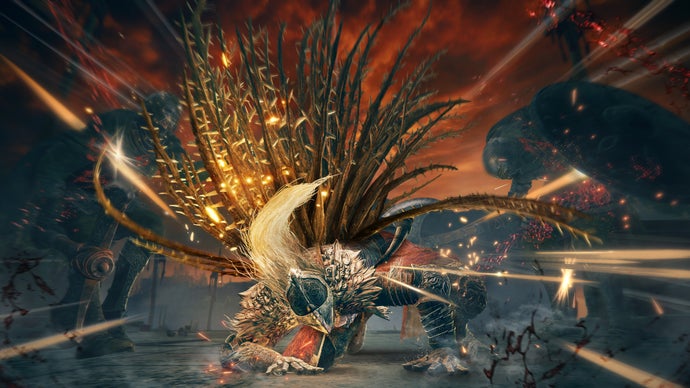
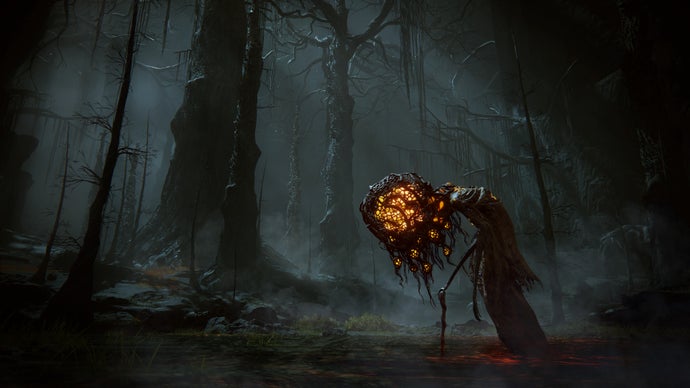
I’m covering these quotes because I myself am not a huge enjoyer of Elden Ring’s open world format. I think enthusiasm for it rests on the false idea that the Souls games (and Bloodborne, whose much-demanded PC port has never seemed further away) are “linear”, whereas they reward exploration in all sorts of ways, and the secret routes and areas they contain are all the more enjoyable to discover for being less obvious.
By contrast, a lot of Elden Ring just feels like “content”, to me. The game’s optional bosses, dungeons and assorted gear and crafting bobbins form a broad platter of Stuff that sprawls in every direction, and I’m concerned that Elden Ring’s success might mean we never get another game in the studio’s previous style. Moving between regions in Elden Ring feels especially disatisfying to me – sometimes, the entire ambience changes around you in ways the Souls games would have concealed by making you pass through some kind of transitional dungeon. But with Shadow Of The Erdtree on the way in June, I’m also looking to revisit my criticisms of Elden Ring and think a bit harder about what sets it apart from, say, Assassin’s Creed: Odyssey or The Witcher 3.
As such Miyazaki’s comments above intrigue me, unrevealing though they are. I definitely take the point about “unknowns” – Elden Ring might be far more open than Souls but it still has secrets and surprises. You wander into a village and it’s full of dancers. You roam along a ridge and look, here’s a singing bat lady. I don’t get the same feeling from any big-budget open world game made in North America or Europe, and of course, Elden Ring still has major dungeons that rival the studio’s previous creations for scale and intricacy. As regards Miyazaki comparing the game’s open world design to the difference between difficulty and challenge – I guess my interpretation/extrapolation there is that the game isn’t open-ended for the sake of Maximum Player Choice but in order to conjure a particular set of moods.
Aside from introducing fresh challenges, including another Malenia-grade bossfight and a poison swamp, Shadow Of The Erdtree will develop Elden Ring’s approach to open worlding, with “denser and richer level design” which brings the game’s various field areas and dungeon types together “a little more seamlessly,” as Miyazaki has elsewhere explained to Eurogamer. “There of course will be large open areas, there of course will be legacy dungeons, but we’ve also experimented with something a little more in-between these as well to bring a more diverse gameplay experience,” he told the site.
In the chat with IGN, Miyazaki also spoke up for Dark Souls 2, perhaps the most divisive game in the trilogy – but also, perhaps, a particular influence on Elden Ring for giving you a range of directions to head in from the offing. “In regards to Dark Souls 2, I actually personally think this was a really great project for us, and I think without it, we wouldn’t have had a lot of the connections and a lot of the ideas that went forward and carried the rest of the series,” Miyazaki said, dramatically adding that “there’s really no way of telling how or if the series would have continued the way it did without Dark Souls 2.”
I’m going to break off here and throw it open to more experienced Tarnished in the comments. What sets Elden Ring apart, for you, as an open world game? And how do you think Shadow Of The Erdtree could improve things?

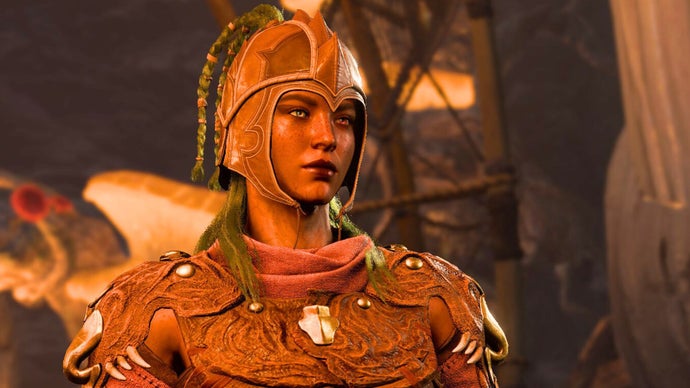
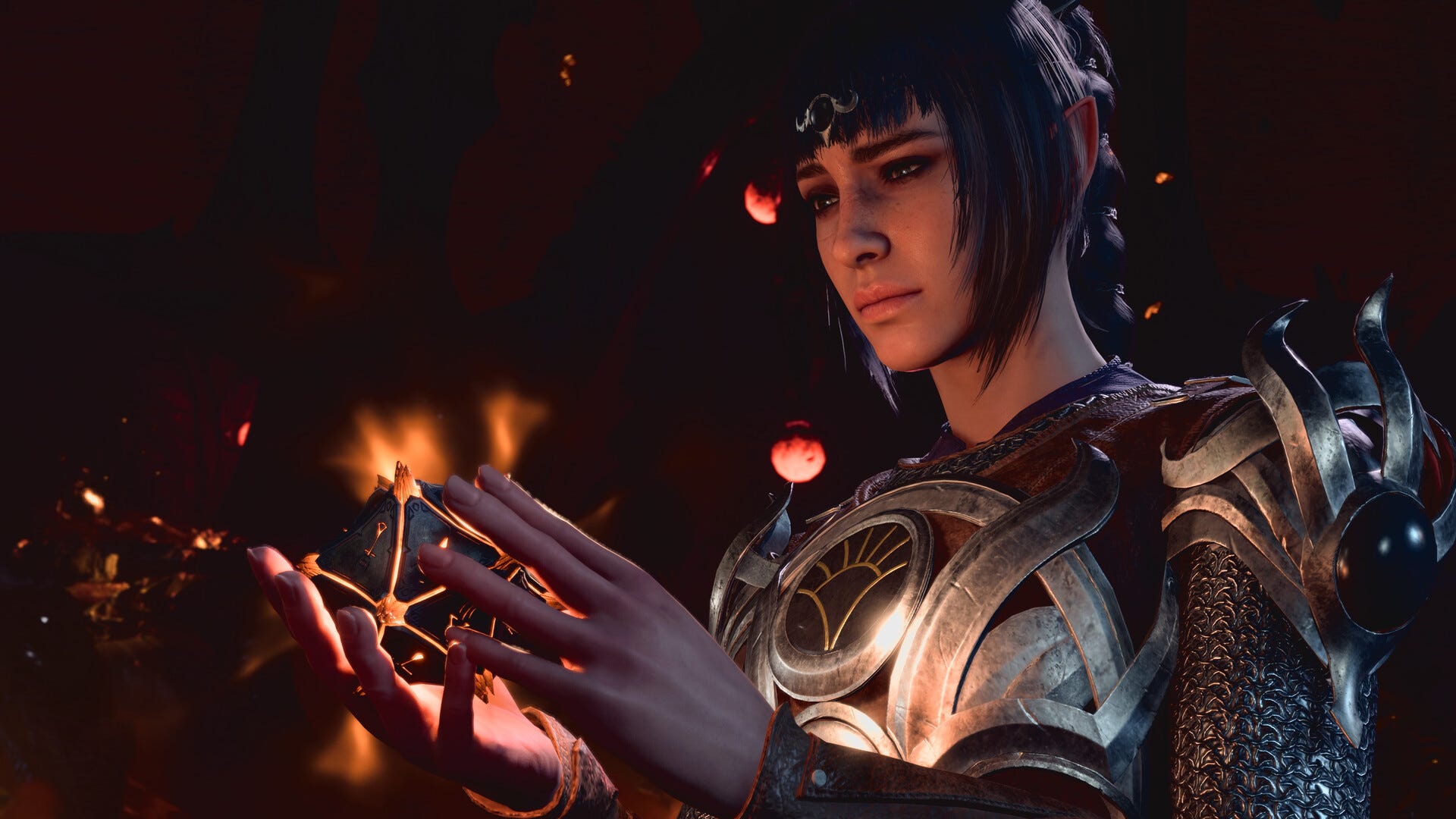
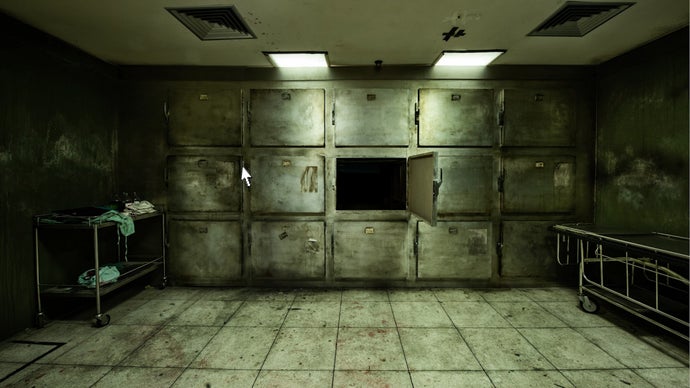
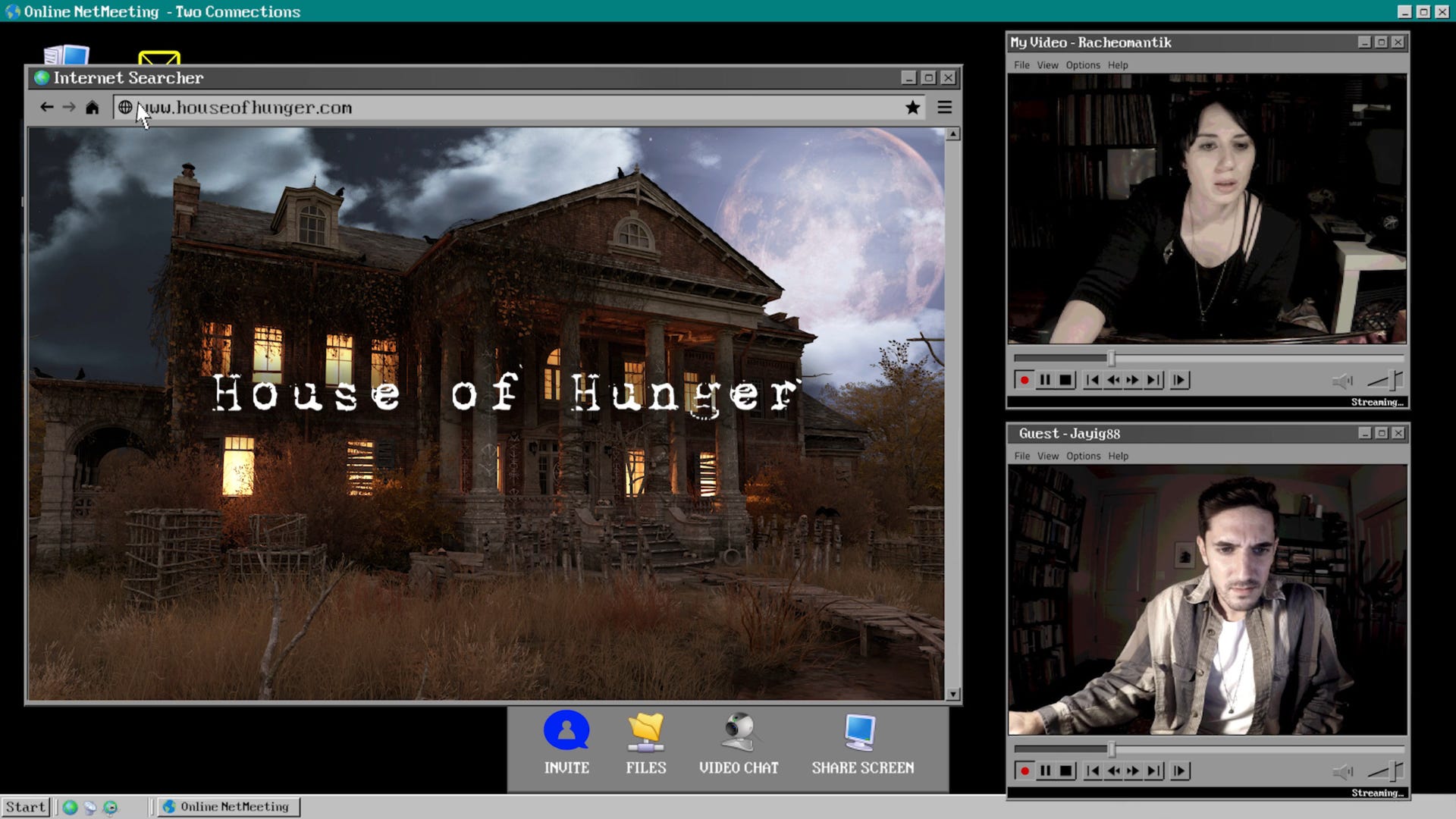
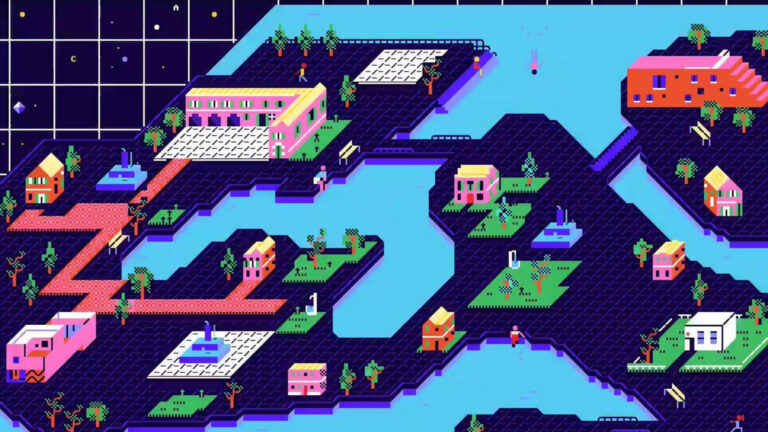
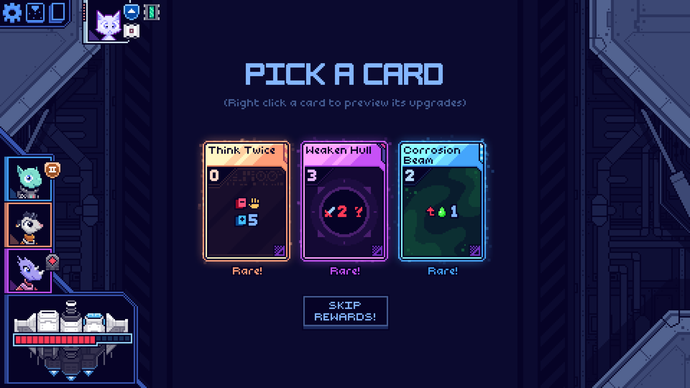
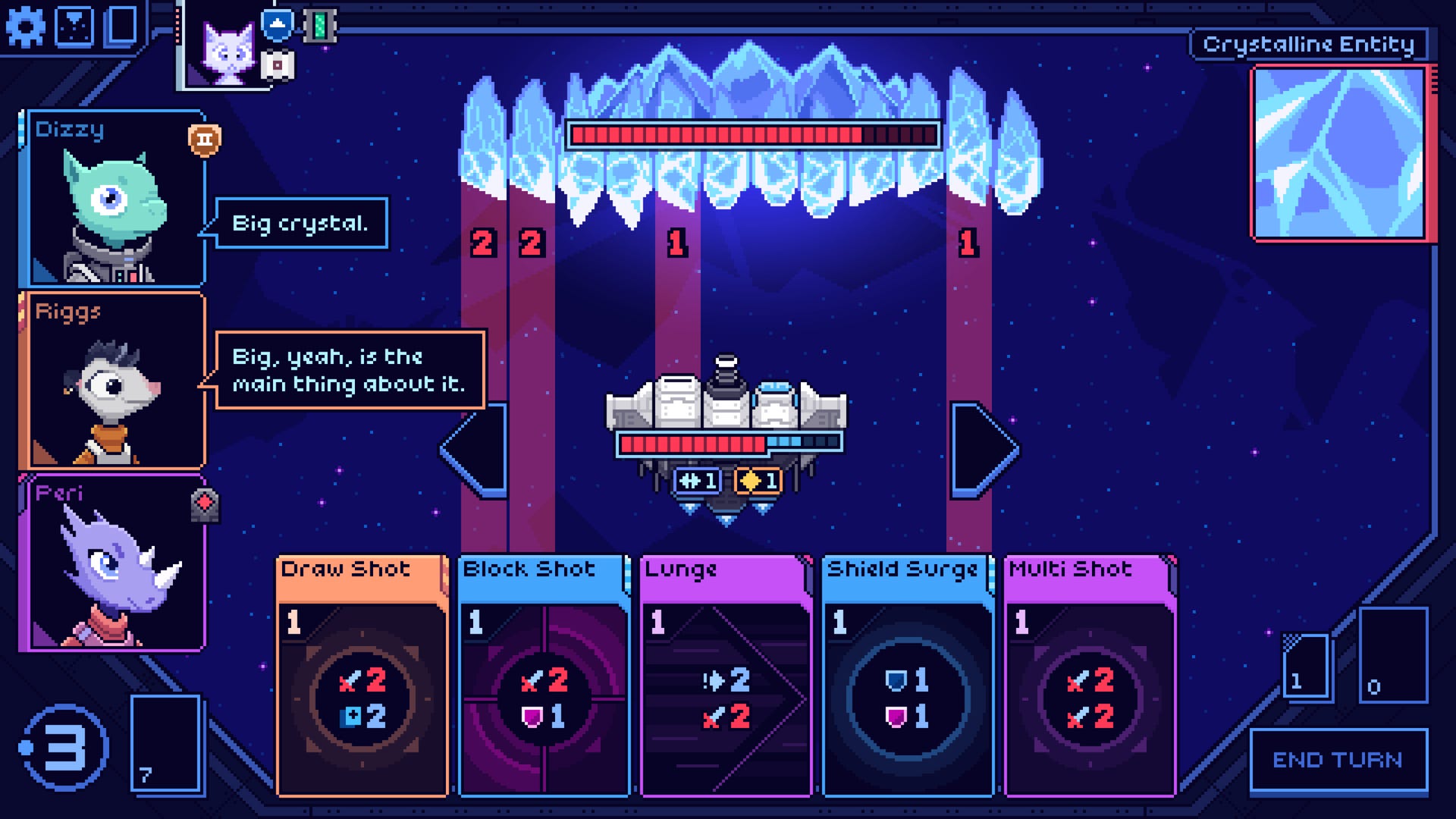
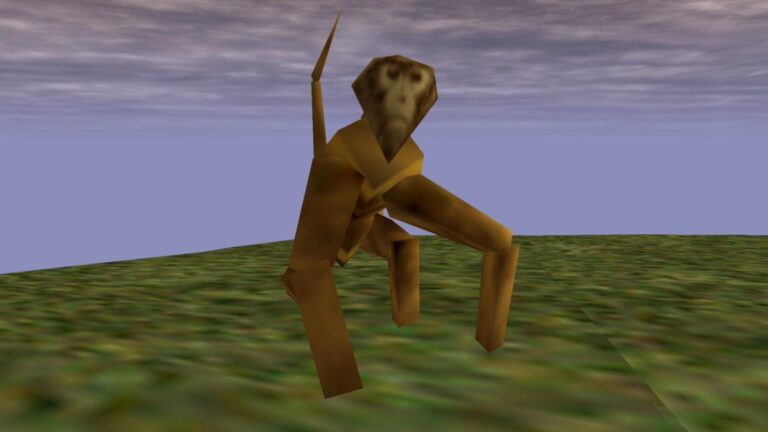
![Apex Legends Octane guide [Season 7]: abilities, hitbox, tips and tricks](https://tomeraider.com/wp-content/uploads/2020/11/apex-legends-octane-guide-season-7-abilities-hitbox-tips-and-tricks.jpg)